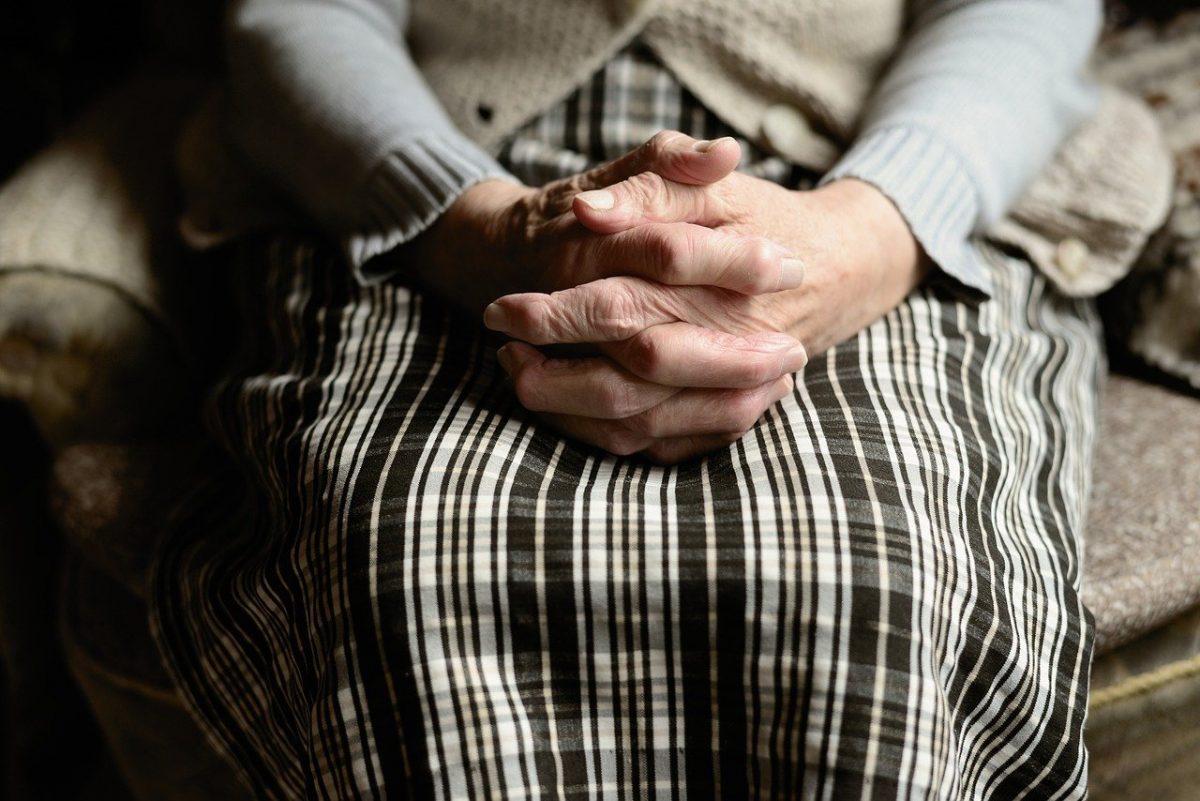It is perhaps the case that we don not give enough thought to the great work our various emergency services carry out day after day. They are there for us in times of danger and turmoil, and we take them for granted. For example, what happens when you need an ambulance? You call the number, talk to the operator, and within minutes professionally trained experts will be with you. It’s a system we could not live without, and one that is invaluable.
But what happens if you need medical attention, you live alone, and you can’t get to the phone? Perhaps an elderly person has had a fall and is injured, or maybe someone who is bedridden suddenly feels things are getting worse? How do you ensure you can contact the emergency services? Or maybe you have a loved one or family member who lives alone and is elderly, infirm or injured, and you worry about such situations?
After all, as individuals we want to go on living in our own homes for life, and if that, means living alone and becoming at least slightly vulnerable, it is a worry for family. Yet there is something that you can do to provide access to medical emergency services when a phone is not an option. We’re talking about Medical Alert Systems. In this article we’ll explain what they are, how they work, and look at whether you or your relative or friend is an ideal candidate for these excellent devices. Let’s begin with an explanation of what a Medical Alert System is.
What is a Medical Alert System?
If we are to put it simply, a Medical Alert System is a lifesaver. It is a device that is there for you to use when you need to contact someone for urgent medical help. A typical example is this one from Life Assure who provide the service we expect to see. Because not only is a Medical Alert System a device – or in fact two devices, as we shall see – in your home, it’s also a team of people working for, in this instance, Life Assure to provide you with the urgent attention you require. Let’s move on and look at how these devices work.
How Does a Medical Alert System Work?
As we have explained the Medical Alert System is a device for contacting the emergency services when needed, but how does it do it? Think about a good home alarm system, one that when triggered contacts a monitoring centre or the police. It does so by way of wireless technology. The Medical Alert System can be thought of as an alarm for the person, rather than the home.
The device itself comes in two parts. One is a base unit which plugs into the electricity supply and to the telephone line or broadband connection. The second part is a pendant that the user wears around their neck at all times. The pendant has a button which, when pressed., wirelessly sends a message to the base unit. The base unit then calls the Life Assure monitoring centre, and a qualified and trained person will pick up the call. You can talk to them via a microphone, and they can talk to you.
Even if you cannot speak and need attention the Medical Alert System does its job. The call handler will recognise this and send an ambulance to your address immediately, while staying on the line to keep up to date with how things progress.
From the above simple description, it is easy to see how a Medical Alert System can save lives, and these systems have been doing so for many years. The latest models are sophisticated and in addition to fixed base units for the home there are also examples that are designed to be mobile so you can make that call if you suffer a fall or accident while away from the home.
Now, we need to think about whether you – or the relative or friend you are concerned about – would benefit from this type of Medical Alert System.
Do I Need a Medical Alert System?
There is no doubt that having the reassuring presence of a Medical Alert System leads to a more comfortable life for the individual and those close to them. Here are some examples where these services are ideal:
- A person is elderly and infirm and living alone.
- One who is disabled and may be in need of medical help.
- Where an individual is bedridden, and care is not 24hrs.
- Wheelchair users who may have difficulty getting to a phone.
- Someone who has recently had an accident or treatment that renders them immobile or lacking some mobility.
- Where you know of someone who lives alone and may benefit from the assurance of the device.
Of course, these services cost money, so are they worth it?
Are Medical Alert Systems Expensive?
Using the example of Life Assure as we mentioned earlier, a basic package – which includes a ‘fall detection’ feature that automatically recognizes when the wearer has had a fall – can be had for a monthly fee that works out at under $1 per day. We think that is a small price to pay for the high level of reassurance the wearer and their family and friends gain from using a Medical Alert System. Check them out now, and see which package suits you.








